Paris Agreements Will Implement Climate Action On The Ground
Supporting deals focus on low-carbon energy, natural resource protection, and disaster risk reduction.
Countries, businesses, and NGOs served up a steady stream of commitments during the first week of the UN climate negotiations in Paris to rein in carbon pollution and adapt to a warming planet. The menu of agreements, initiatives, and funding pledges runs the gamut from solar development and electric cars to early warning systems for natural disasters.
While a binding global emissions pact is the centerpiece of of the Paris climate talks, these additional deals are a key component of achieving any plan to cut carbon and protect communities from droughts, floods, rising seas, and food shortages, according to the Lima-Paris Action Agenda (LPAA). The UN initiative aims to foster “robust global action towards low carbon and resilient societies” in support of the international climate agreement. The new commitments were announced during a series of Action Days organized under the auspices of the LPAA. Thus far, they include:
Water and Natural Resource Protections
- Paris Pact on Water and Climate Change Adaptation
The Paris Pact brings together nearly 290 water basin organizations around the world with the aim of improving water management and infrastructure to protect water supplies from climate change. Projects under the pact include groundwater management in India, water supply assessment in the Mediterranean region, building climate resilience in Africa’s Niger Basin, and hydrological and meteorological monitoring in the Congo River Basin. A number of the projects are backed by the World Bank.
- Renewed support for the Great Green Wall of Africa
The five-year-old project to stop desertification in Africa’s Sahel region and the southern Sahara garnered a $US 2.2 billion commitment from the World Bank, while the African Development Bank said it is spending $US 4 billion to provide water in the region. “The livelihoods of 100 million people are in danger,” said Akinwumi Adesina, president of the African Development Bank, at the Paris talks. “We are aware that due to heat and drought, 40 million Africans from this region migrate to North Africa and later to Europe. Some die during the long journeys. We should solve this problem.”
- Forest protections and data tracking
Sixteen countries released a joint statement acknowledging the vital role forests play in both trapping climate changing emissions and contributing to climate change when they are cut down and burned. Colombia announced a new partnership with Germany, Norway, and the United Kingdom to reduce deforestation in the Amazon. The three European countries also committed $US 5 billion over the next five years to countries who pursue REDD+ programs, a United Nations initiative to encourage sustainable development and prevent deforestation.
In addition, the United Nations Framework Convention on Climate Change (UNFCCC) released a new online tool to track results and payments under the REDD+ program.
Clean Energy Commitments
- Mission Innovation
A group of 20 countries, including China, India, and the United States, announced that they will double their current investments in clean energy research and development to $US 20 billion over the next five years. The initiative also includes commitments from 28 private sector investors to help translate clean energy research projects into businesses and marketable products.
- International Solar Alliance
France and India led a coalition of 120 countries in establishing the new International Solar Alliance. The alliance’s goal is to promote the development and adoption of affordable solar energy technology, with a particular focus on developing countries. “The sun is the source of all energy,” said Narendra Modi, India’s prime minister, during the announcement. “The world must turn to solar, the power of our future.”
- Africa renewable energy investment
France announced plans to invest nearly $US 2.2 billion to support renewable energy in Africa. The announcement said the type of renewable energy projects will depend on each country, but could include hydropower, geothermal, solar, or wind.
Climate Adaptation and Resilience Initiatives
- A2R Initiative
Introduced by UN Secretary-General Ban Ki-moon, the new Climate Resilience Initiative will help communities prepare for and adapt to droughts, floods, and rising sea levels. The programs will focus on the communities who are most at risk, including those in the least developed countries, small island countries, and countries in Africa. “These are the people who did the least to cause climate change, yet they stand to lose their homes, their jobs, and even their lives because of the growing impacts of climate change,” Ki-moon said.
- Climate Risk Early Warning Systems
The CREWS initiative will improve early warning systems for floods, storms, droughts, and other climate-related disasters. Early warning systems monitor weather patterns and forecast natural disasters, issue emergency alerts to the public, and notify emergency response teams. Supported by the governments of Australia, Canada, France, Germany, Luxembourg, and the Netherlands, CREWS will focus first on the least developed countries, small island countries, and countries in Africa. These supporters have already pledged $US 80 million to the initiative, which will help update warning systems in as many as 80 countries.
City and Transportation Improvements
- Global Alliance for Buildings and Construction
Members of the alliance, which includes 20 countries and more than 60 organizations, will seek to reduce emissions from the construction industry and make buildings and cities more adaptable to climate change. Its goals include improving energy efficiency, incorporating renewable energy sources, and making supply chains more sustainable.
- Paris Declaration on Electro-Mobility and Climate Change & Call to Action
The declaration pushes for greater adoption of electric-powered cars, buses, and other modes of transportation, with a goal of achieving electric power for at least 20 percent of all road vehicles by 2030. The declaration includes commitments by governments, businesses, and other organizations.
Climate Financing and Convening
- Interactive graphic of climate funding
A new, interactive graphic unveiled during the Paris climate talks catalogues the financial commitments made by countries, businesses, and nongovernmental organizations to support projects aimed at reducing climate change and its effects. Some of the newest climate financing announced over the past week include a $US 1 million contribution from Paris to the Green Climate Fund, a $US 500 million commitment from Germany, Norway, Sweden, and Switzerland to help developing countries reduce their carbon emissions, and a $US 136 million commitment from the European Union to assist countries affected by a strong El Nino this year.
- Climate Action 2016
A group of financial institutions, business and political organizations, and universities are planning a high-level summit next year to discuss and plan the implementation of the goals established in Paris.
A news correspondent for Circle of Blue based out of Hawaii. She writes The Stream, Circle of Blue’s daily digest of international water news trends. Her interests include food security, ecology and the Great Lakes.
Contact Codi Kozacek

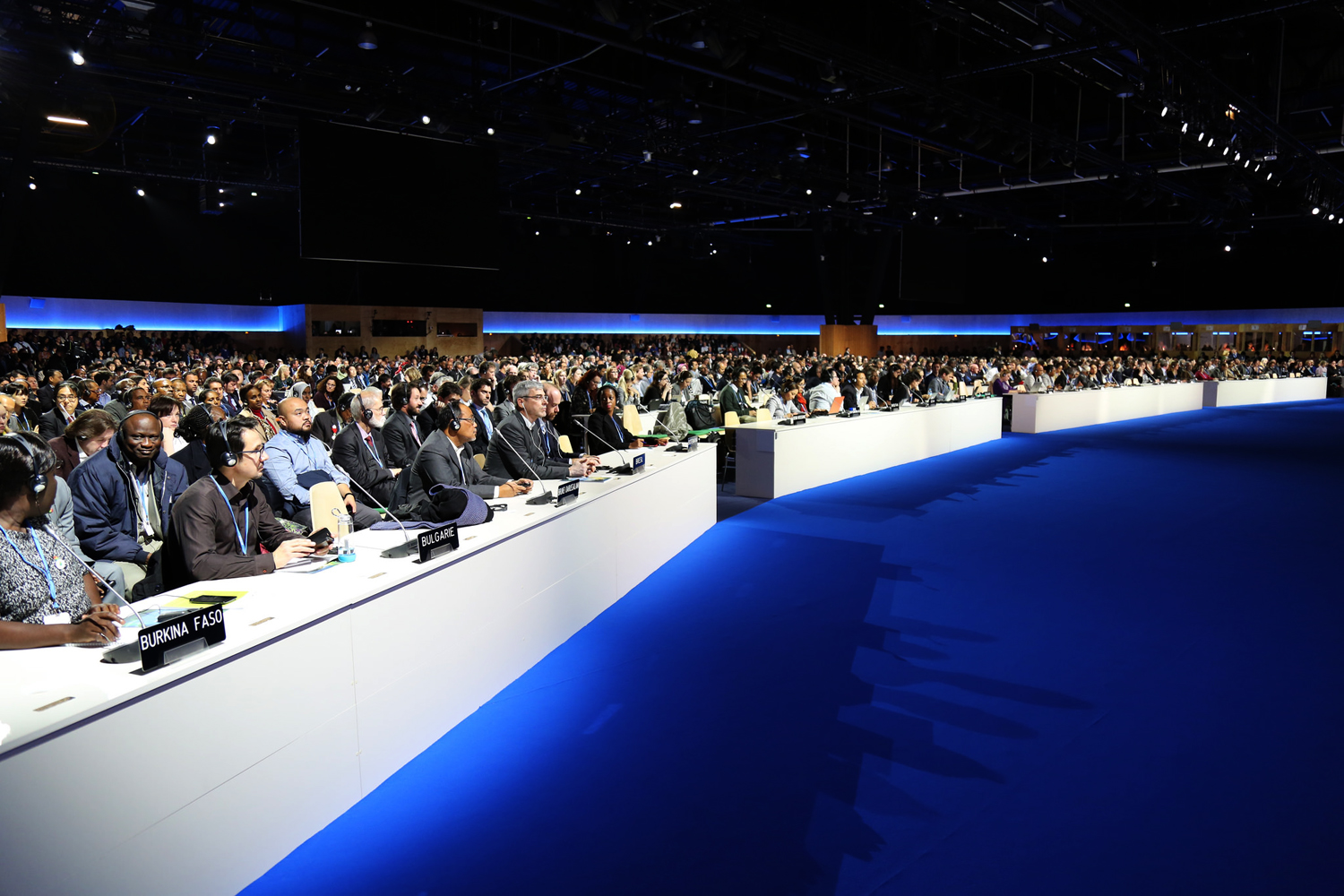

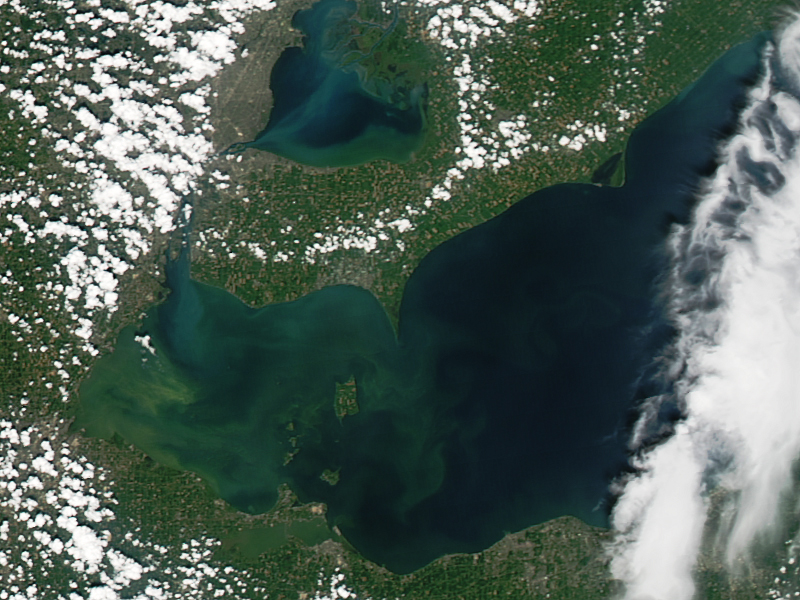
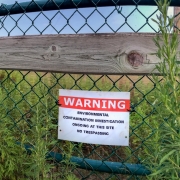
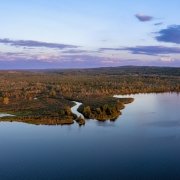



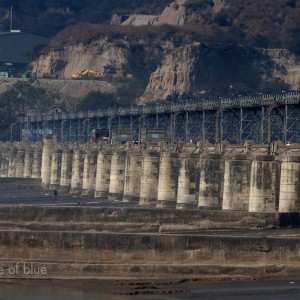
Leave a Reply
Want to join the discussion?Feel free to contribute!